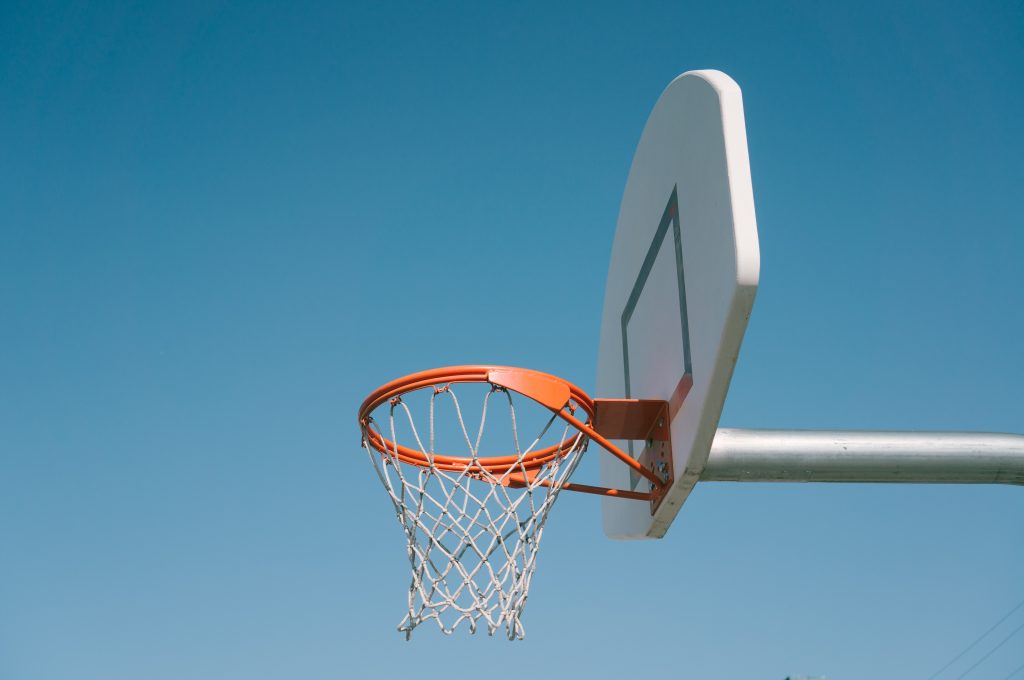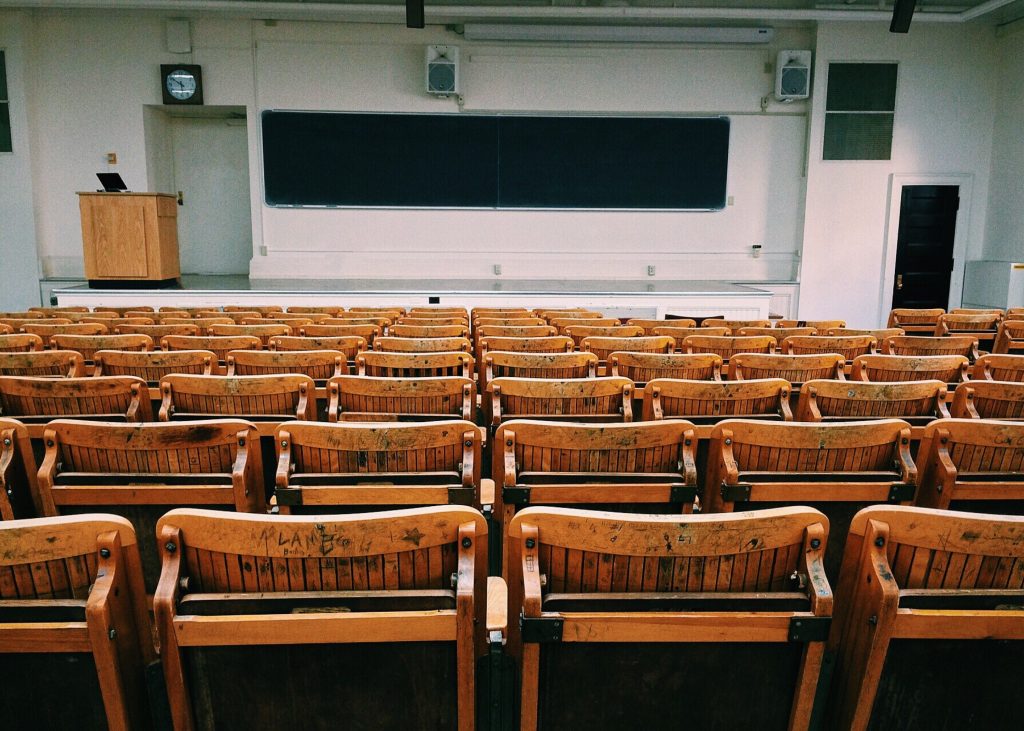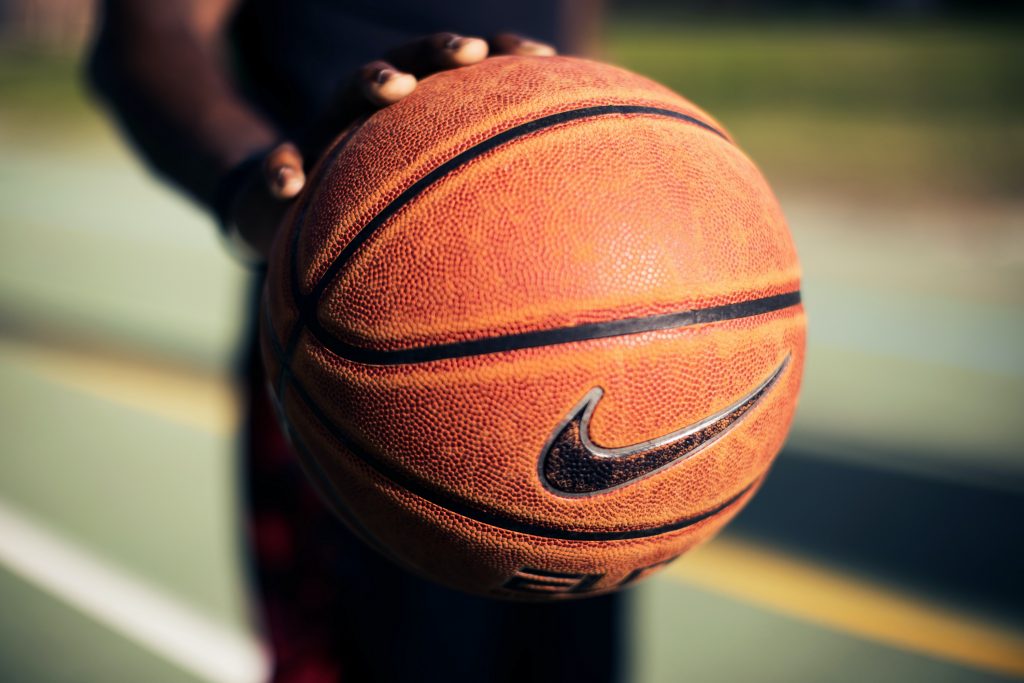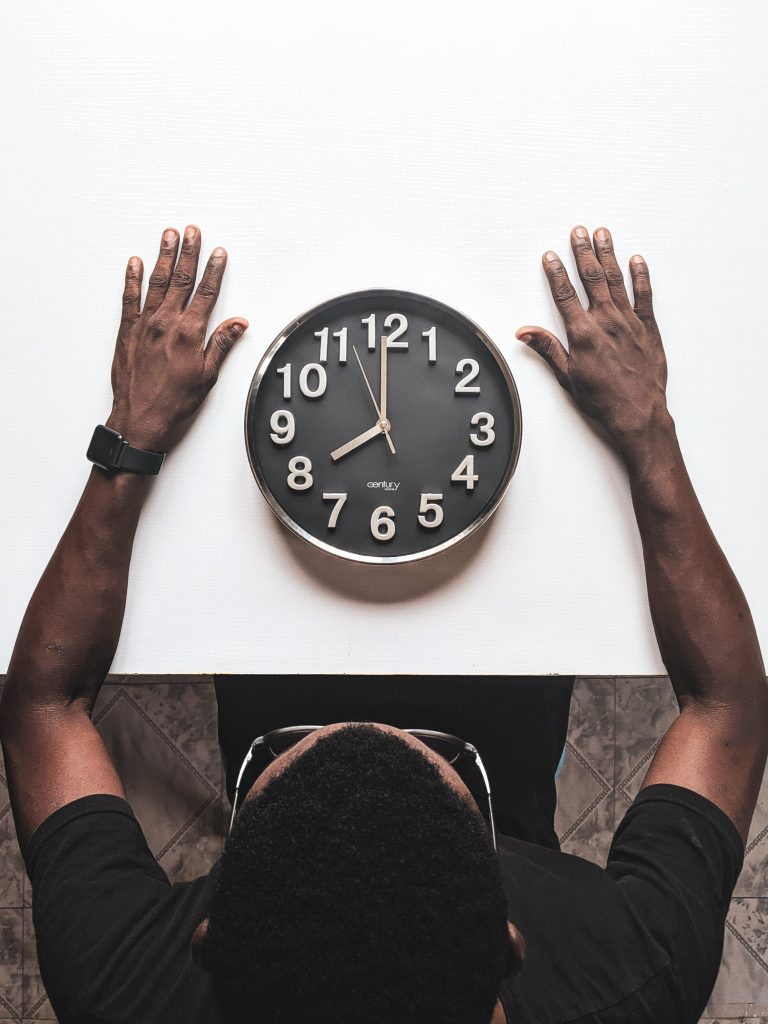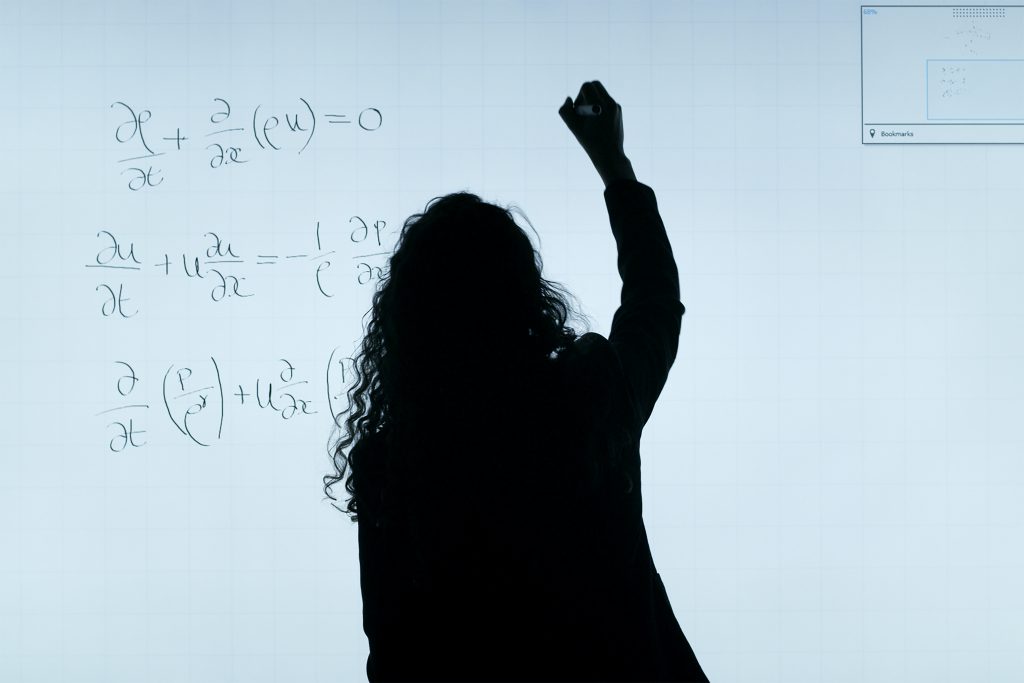By George Jackson IV
An Essay from Logger Athletics
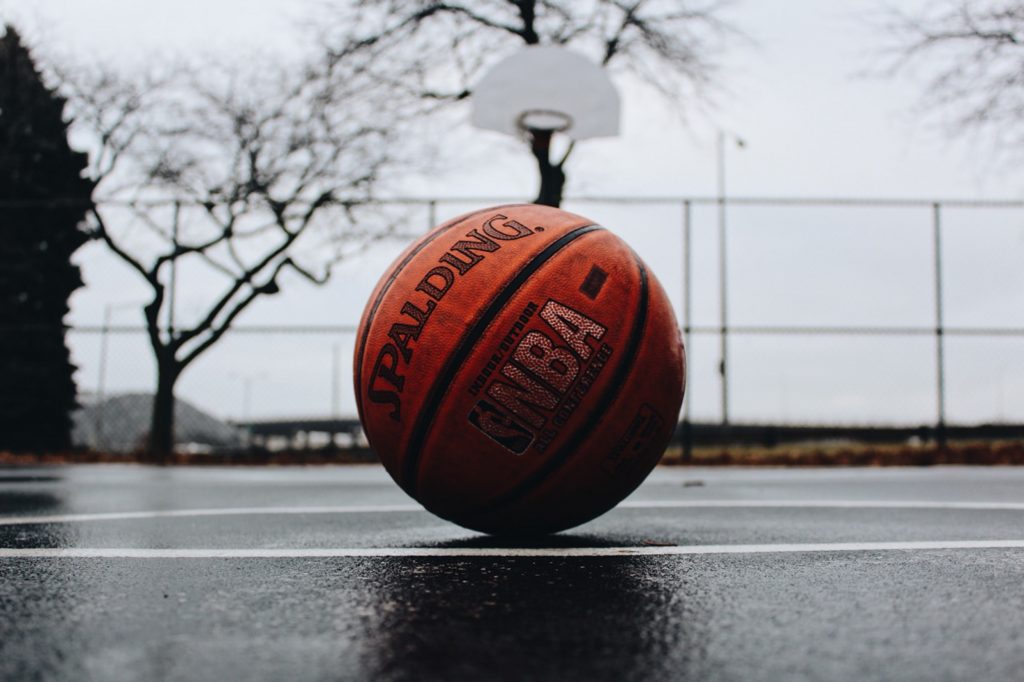
Student athletes are required to commit a significant amount of time preparing for and participating in University sponsored athletic events. Practice schedules both during the competition season and the off-season pose significant scheduling and time-management challenges for student-athletes. Priority registration would permit student athletes greater flexibility in scheduling courses as well as making it easier to schedule some courses during their non-competition semesters.
Course selection at the University of Puget Sound (UPS) can be incredibly tough. We boast small class sizes, but for all the students we have, there are only so many spots in any given course. Depending on what you are studying, you may encounter a situation where there are too many students and not enough classes for you to take within a given major.
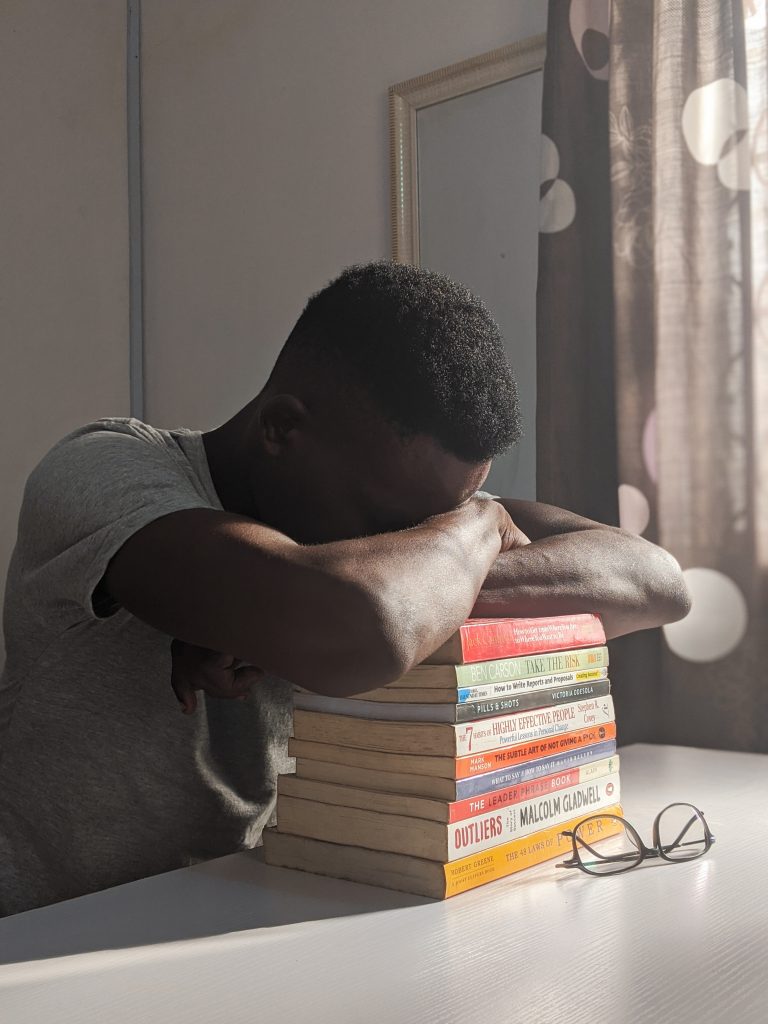
It is time for UPS to follow Division III schools like Ramapo College or William Paterson University and provide its student athletes with priority course registration.
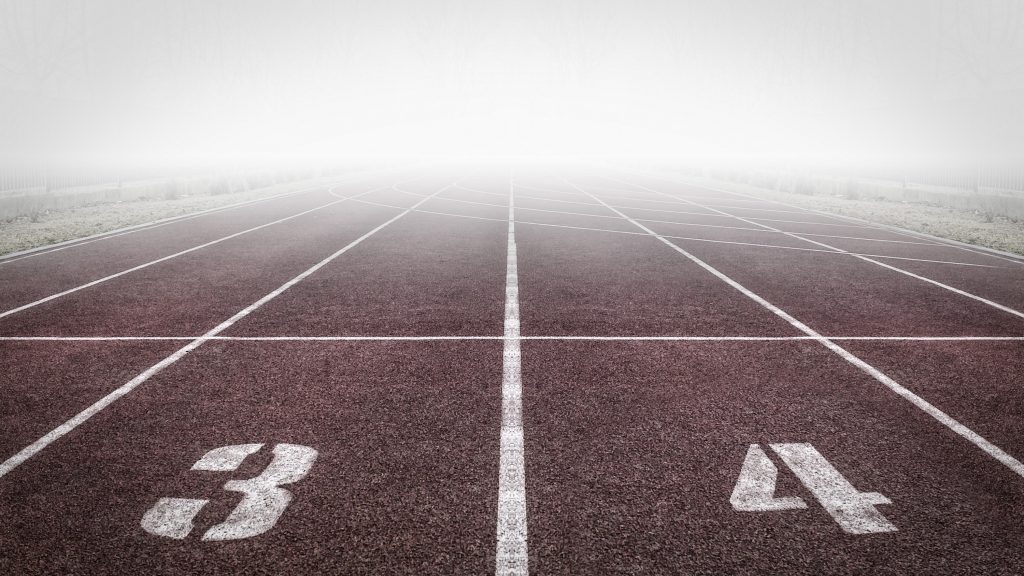
Four years competing as a varsity athlete at the NCAA level has allowed me to gain an understanding for the hours of work it takes to become a better athlete. In one year of track and field I have gained an appreciation for the work that has to be done both in the weight room and on the track to run faster. Playing three years of basketball, the process of a 25 game season is more difficult than people think. From weightlifting to shooting baskets on your own, to recovering can take a toll on you over two semesters.
Basketball specifically, every Monday, Wednesday, and Friday start with mandatory weight-room workouts from 6:30 am to 8 a.m. While this does not cast aside all 8 a.m. classes, they certainly are not encouraged as you have to leave team lift early and run across campus, still sweating when you get to class. Participating and paying attention is much more difficult when you are slightly out of breath. So, the ideal time for class is 10 to 12, you are still expected to shoot extra shots and complete homework for your classes in what ends up being an extremely condensed amount of unscheduled time. In addition, on days in which we have an away game, we are generally leaving for the opposing team’s gym at 12 noon on Friday. This means you are not going to your 12 o’clock class about three times in a semester. This may not sound like much, but there are professors who do not excuse absences for sports. Such professors have been known to say something along the lines of: “You are at the school for academics not athletics.” I have heard something to this effect from a professor at least one time per semester for eight semesters. This is true that we attend school for the academics, but some student athletes may not choose to attend UPS if they did not play a sport.
Now, let’s talk about Tuesdays and Thursdays. While we do not have morning lift, we generally have practices on Tuesdays and Thursdays from 4 p.m. to 6 p.m. My freshman year of basketball I had class from 3:30 p.m. to 4:50 p.m. You can see how this can be an issue, however leaving class early is not an option. We do come to college for academics and athletics but there seems to be a miscommunication between the professors and the athletics department because as stated above some professors remind us that their classes come first. And your coach knows you will be late to practice, but once again asks why your professor will not let you leave early. Then because you were late to practice for no fault of your own, you may not be able to suit up and play in one of the games that weekend. In the Northwest Conference, games are normally played on Friday and Saturday nights with the occasional Tuesday night game. If you are late to a practice on Thursday, the night before the game, you may not be able to play because you missed a large portion of the game plan being installed for the next day. While basketball is obviously not the only sport on campus, similar time constraints exist in other sports as well. A fellow Logger student athlete confided in me that he faced a similar situation where a professor of his told him that “athletics hold no merit in my class.” Student athletes are being penalized in both academic spaces and athletic spaces for what seems to be an institutional issue that we individually have no power in.
There are only certain times where student athletes, basketball specifically, can take classes. I have run into this sort of scheduling nightmare every semester because I did not get into the class I needed during my regular registration time. Oftentimes, late registration appointments will not allow you to enroll in a class that you would have liked. I will email multiple professors asking them to overload the number of students in their class. Asking for and receiving this overload request greatly benefits my schedule as a student athlete. Sometimes I will receive a coveted add code, while other times I just get a hard no. I understand that professors and classrooms only have so much space, and I also realize that sometimes it is impossible to give an add code. Some professors and departments are quite accommodating, while others are somewhat callous to the issue. I have heard responses from departments such as “Well, academics come before athletics,” or, “You should quit basketball for the pursuit of academia.”
It does not work that way.
There is a counter argument that the situation of student athletes is similar to a non-athlete student who has a job. I would argue that it is significantly different. First, depending on the job, you may be able to make your work schedule fit your class schedule, and may be able to choose what shifts to pick up and which ones to drop–this is especially possible if you work on campus. Basketball players do not have a choice of which practices to go to, which games to attend, or trips we will or will not go on. Second, a college sport is already a full-time job, with in-season time spent devoted to the sport regularly exceeding 30 hours per week. For the UPS students that have a legitimate 30+ hour work week in addition to the standard four-course workload, the reality is they are not also traveling and missing classes. Working students and student-athletes are different.
Additionally, student-athletes are not being paid. What about those of us that need jobs in addition to school and sports? My roommate does. He works in technology services at UPS. While this is not a full time job, it is an additional time commitment that he has to consider. It is mainly time constraints that make creating a schedule so much more difficult. Additionally, if you are not an upperclassmen the time your registration opens means you may have lost out on certain classes already. I understand that all students have difficulty picking classes. However, there is a difference between difficult and the borderline impossible situation athletes face. In fact, many majors are completely off limits to student-athletes. For instance, I have never met another college basketball player majoring in Exercise Science or Biology because the time commitments are simply too much.
Athletes not only have slim choice in classes but we also have other hurdles like studying abroad or majoring in STEM which require labs. As a Division III university student athletes are playing without scholarships, meaning we pay to play a sport at UPS. We play for the love of the sport or the thrill of competition or both and it is hard to continue to play when we worry that it is hindering our ability to fully engage in our academic lives. Do you ever watch a college football game on TV and wonder why so many of the players major in the exact same things? The reason athletes tend to be in the same programs is because the majors like “Parks and Recreation” or “Sports Management” favor their schedules more than majors they are more interested in. Athletes are too often stuck with the dilemma of taking a required class yet still remaining fully committed to their sport.
I’m not trying to complain or sound bitter because there are many, perks and benefits to being a college athlete. Nonetheless, at an institution that is as competitive as UPS, picking classes is simply unfair. UPS is extremely challenging academically, why make it even harder when you have to consistently settle for the classes that are either less interesting or passed over because of an unpopular professor. I think it is time that Puget Sound offers student-athletes the option of priority registration.

